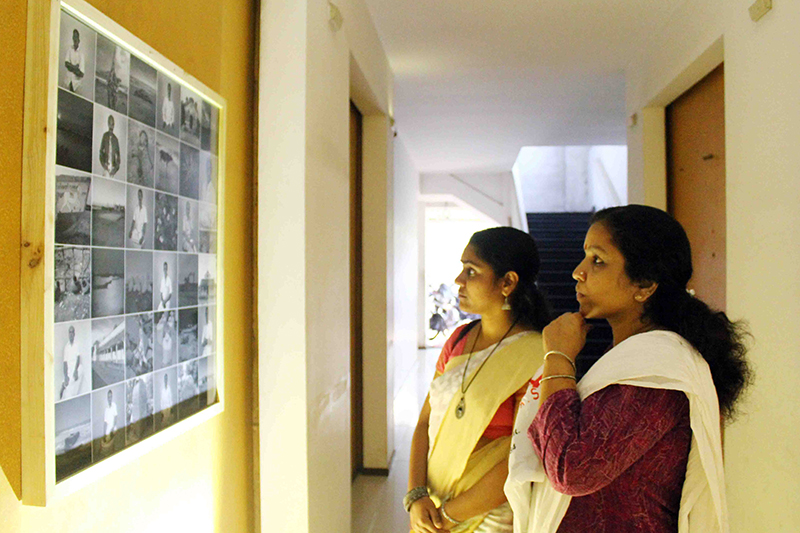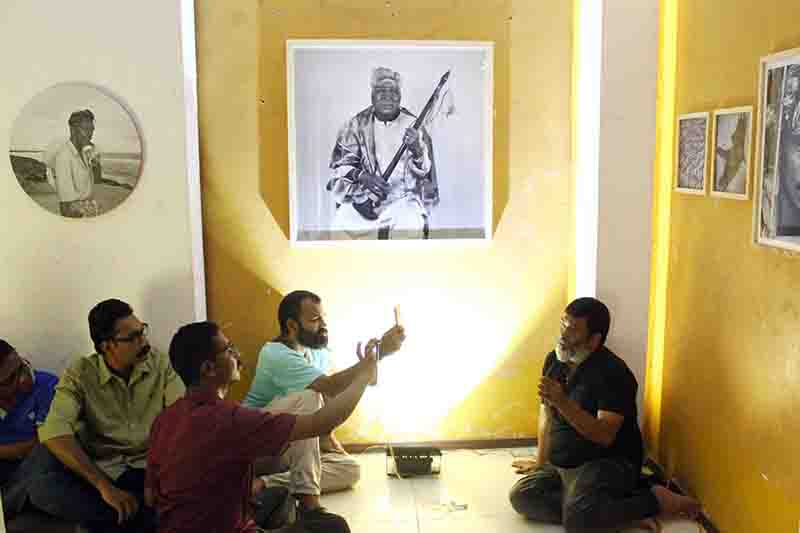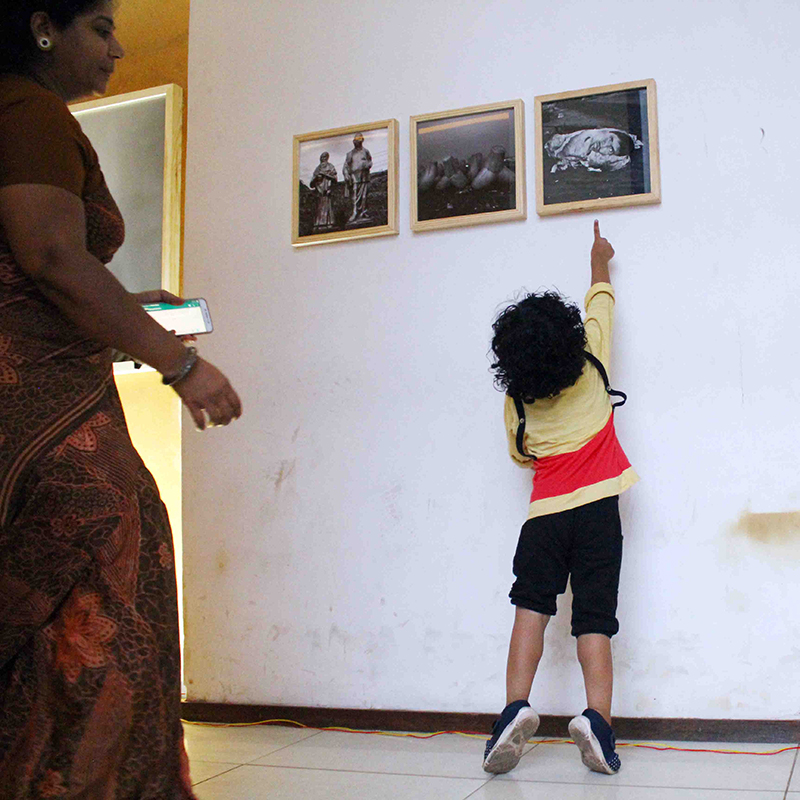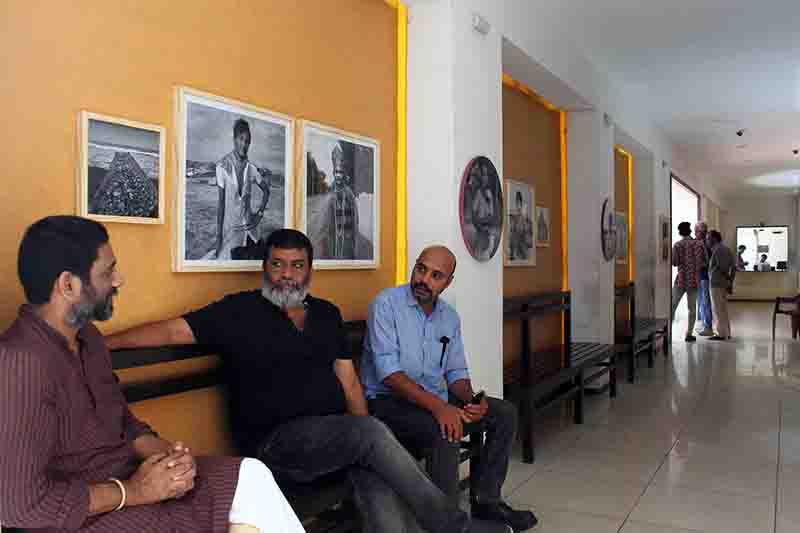Abul Kalam Azad




Grant Period: Six months
Abul Kalam Azad is a noted contemporary photographer. Brought up in Mattancherry, Kerala, he has worked with prominent news agencies and periodicals in India and abroad. During his tenure with the Press Trust of India in Delhi, he was deeply involved with the work of SAHMAT (Safdar Hashmi Memorial Trust), after which he shifted from journalism to explore photography as a medium of expression. In 2010, he founded the Ekalokam Trust for Photography in Tiruvannamalai, dedicated to promoting contemporary photography in India. In 2017, Abul received a grant from IFA to create Men of Pukar, a body of photographic works on the men of Poompuhar in south Tamil Nadu. Drawing from the descriptions of lives and landscape of Poompuhar in the ancient Tamil epic Silappadikaram, this project involved revisiting the town in an attempt to explore questions around identity and territory and provide a contemporary visual interpretation of the epic. The project culminated in an exhibition that took place in Poompuhar in December 2017. The five-day exhibition attracted the people of Poompuhar and the nearby villages in large numbers and provoked intense questions, conversations and reflections on history and identity. This grant supports Abul to disseminate his project in and around the regions of three ancient port cities Tondi, Muchiri and Korkai, located in present day Kerala and Tamil Nadu.
With an urge to take the conversations that sparked in Poompuhar forward, and to understand history, culture and territory as shared across a larger part of South India, Abul conceptualised this dissemination project as an extension of his work. The route for the dissemination plan is primarily informed by Silappadikaram itself. Alongside descriptions of Puhar, its people and landscape, there are chapters in the epic that give descriptions of other port cities, key among them being Tondi (Tyndis), Muchiri (Muziris) and Korkai. While the exact location of these places is arguable, archaeological explorations have offered strong pointers to their location. Tondi is generally considered to have been located near present day Ponnani / Chaliyam in Kerala; Muchiri is supposed to have been near present day Pattanam, about 38 kms from the Kochi port; and Korkai refers to a small village about 53 kms away from the Thamirabharni river in the Tuticorin district of Tamil Nadu.
As part of this project, Abul will take his photo exhibition to these very same regions, reconnecting and re-kindling collective social memory. Prior to the exhibition, Abul will undertake reconnaissance trips in these areas and select the exact locations for the exhibitions. He will spend about 20 days in each location, connecting with local resource persons, searching for the right venue, developing the display strategy, seeking appropriate legal permissions and networking with different audience communities in that region. At each location there will be a public event where he will share his work and the process of making it as a way to trigger conversations. Once he has evoked adequate interest in the community, the exhibition will be mounted at a non-conventional space. Historians, cultural critics, journalists, photo-artists, poets, theatre artists and musicians will be invited to respond to the exhibition from their respective backgrounds in scholarship or arts practice. One of Abul’s concerns over the years has also been that contemporary arts initiatives tend to be confined to urban spaces. Through this project, as with his earlier work in Poompuhar, Abul seeks to bring contemporary arts initiatives such as these to audiences in smaller towns and villages and to alternative and non-conventional spaces.
The outcomes of this project will be the three exhibitions and three interactive sessions. The Grantee's deliverables to IFA with the final report will be still documentation of the exhibitions and the discussions.
